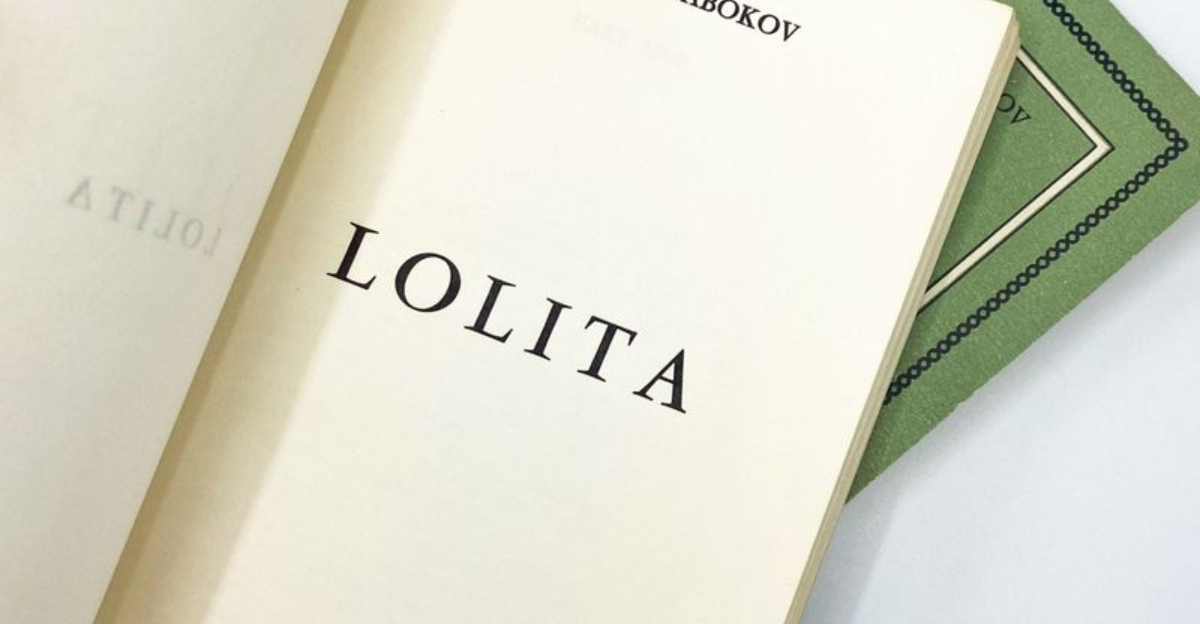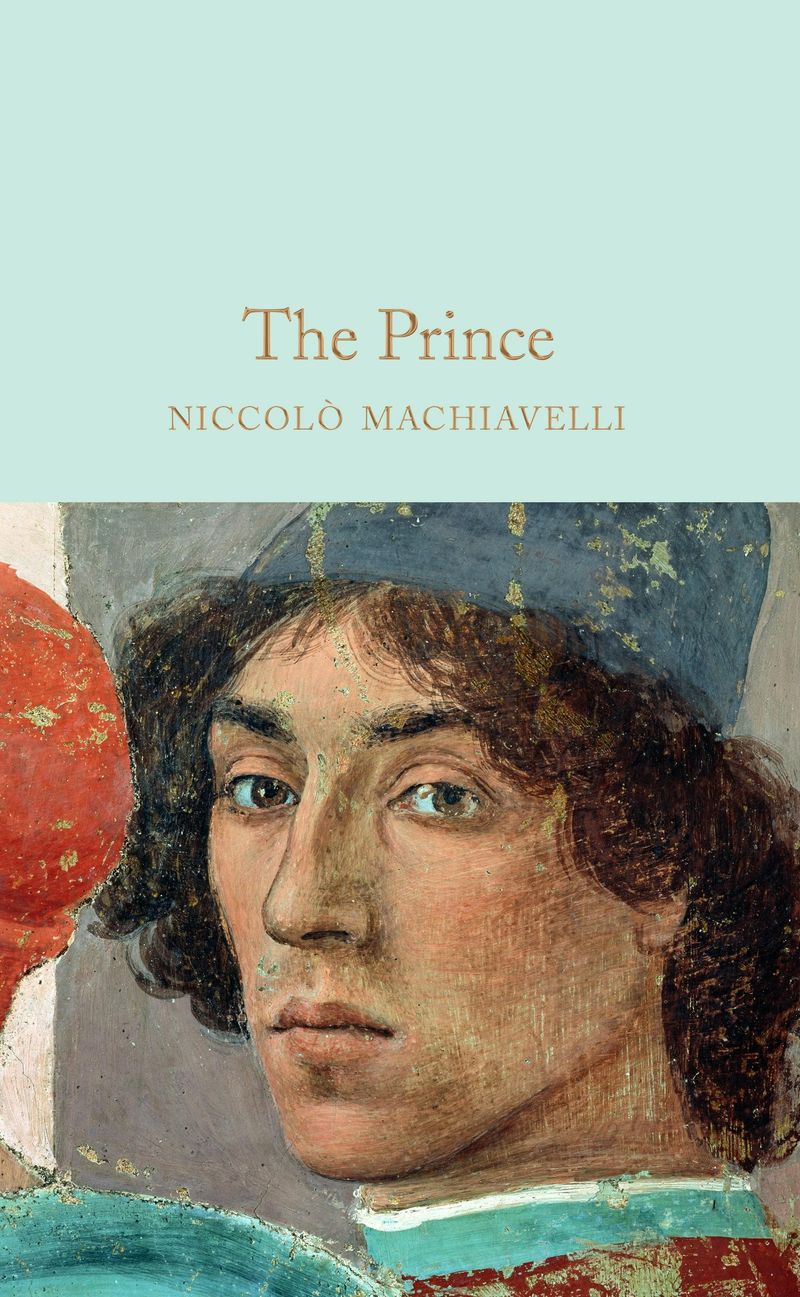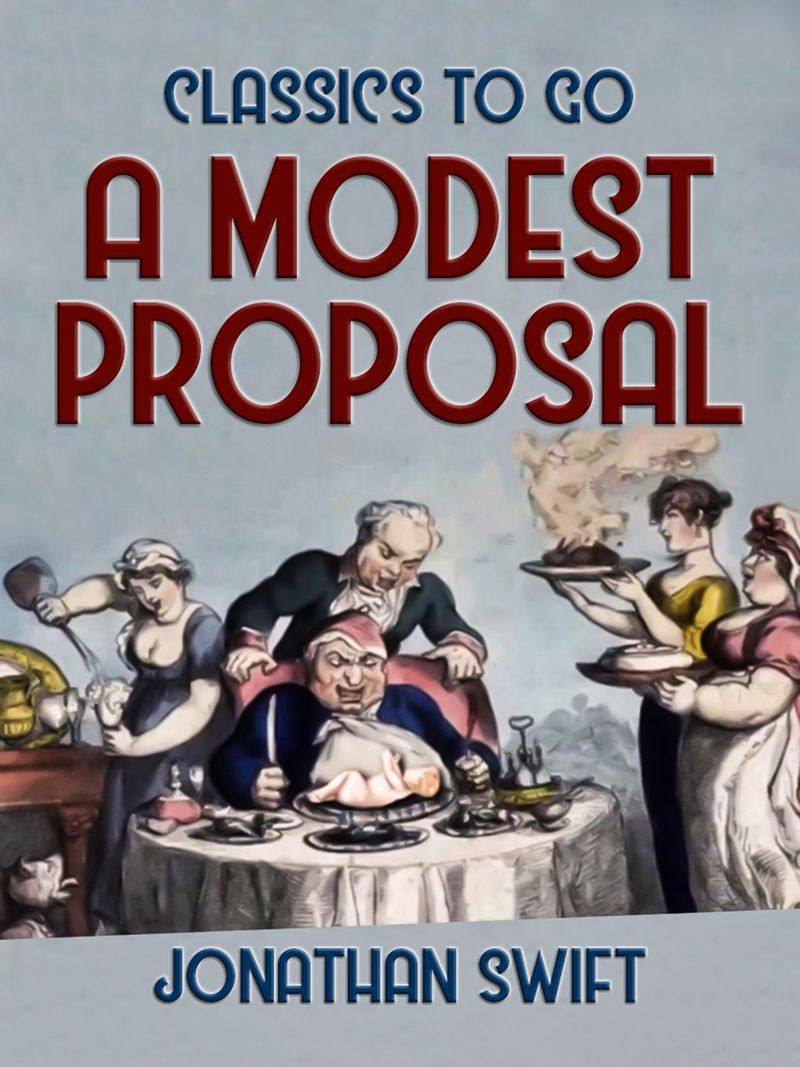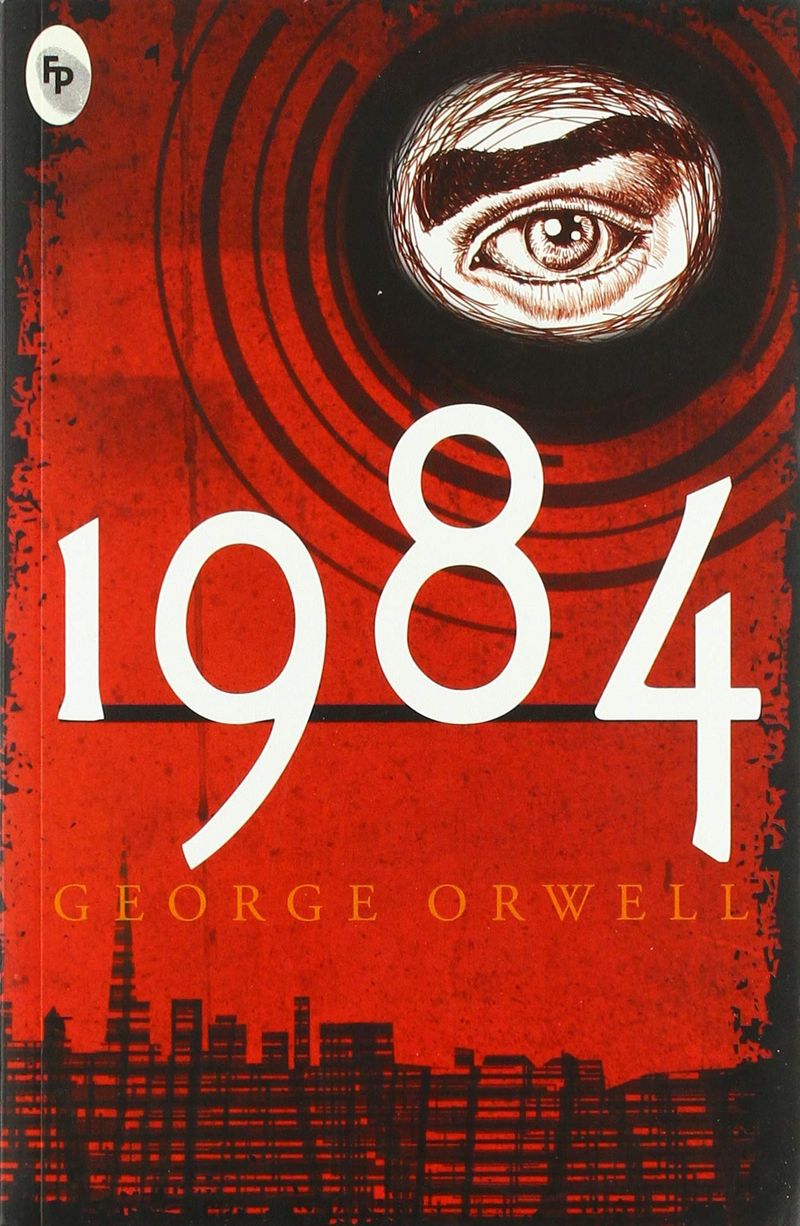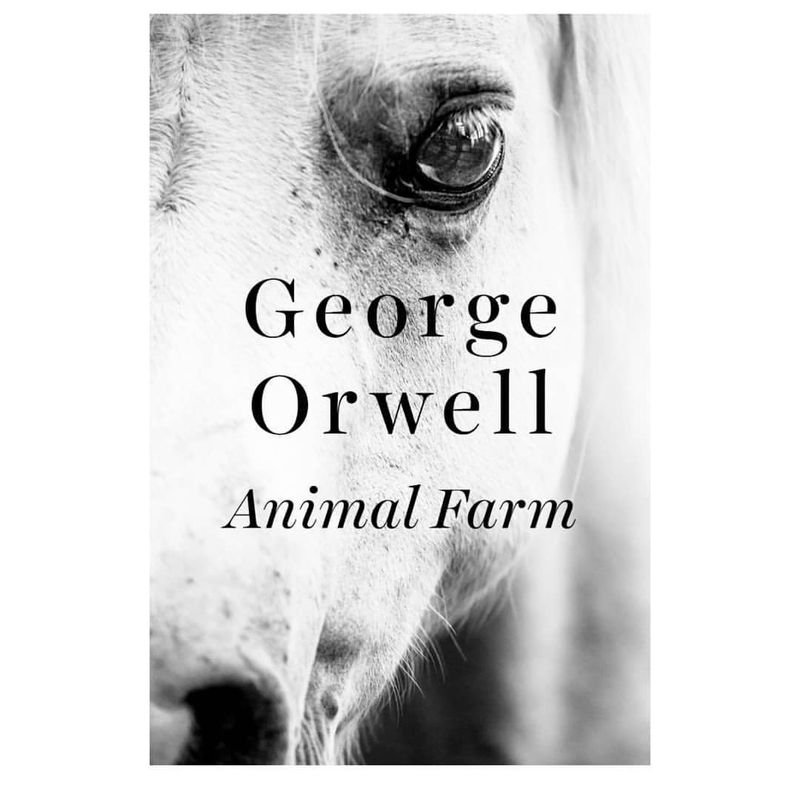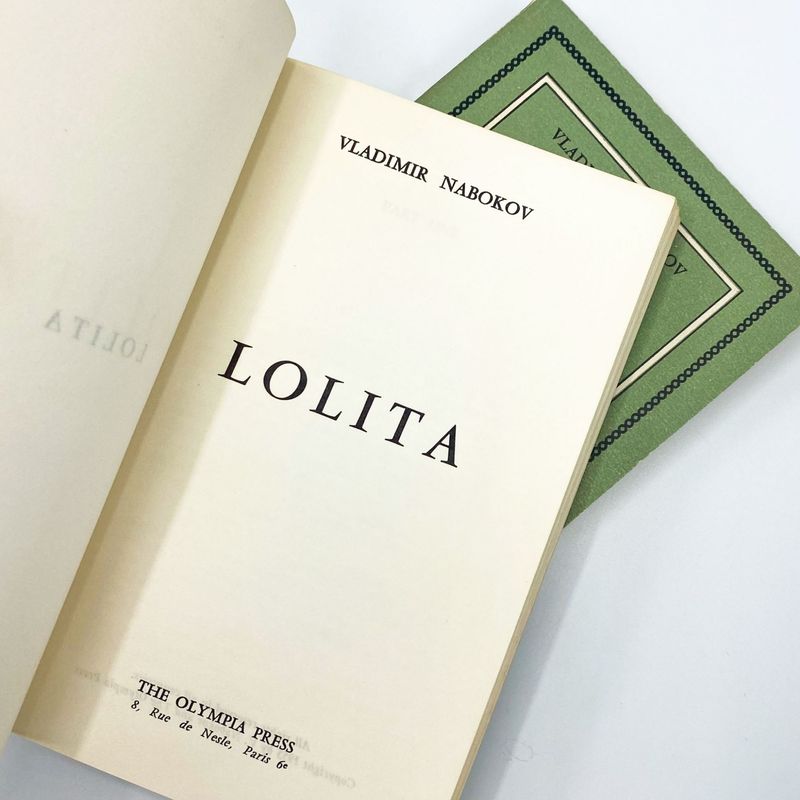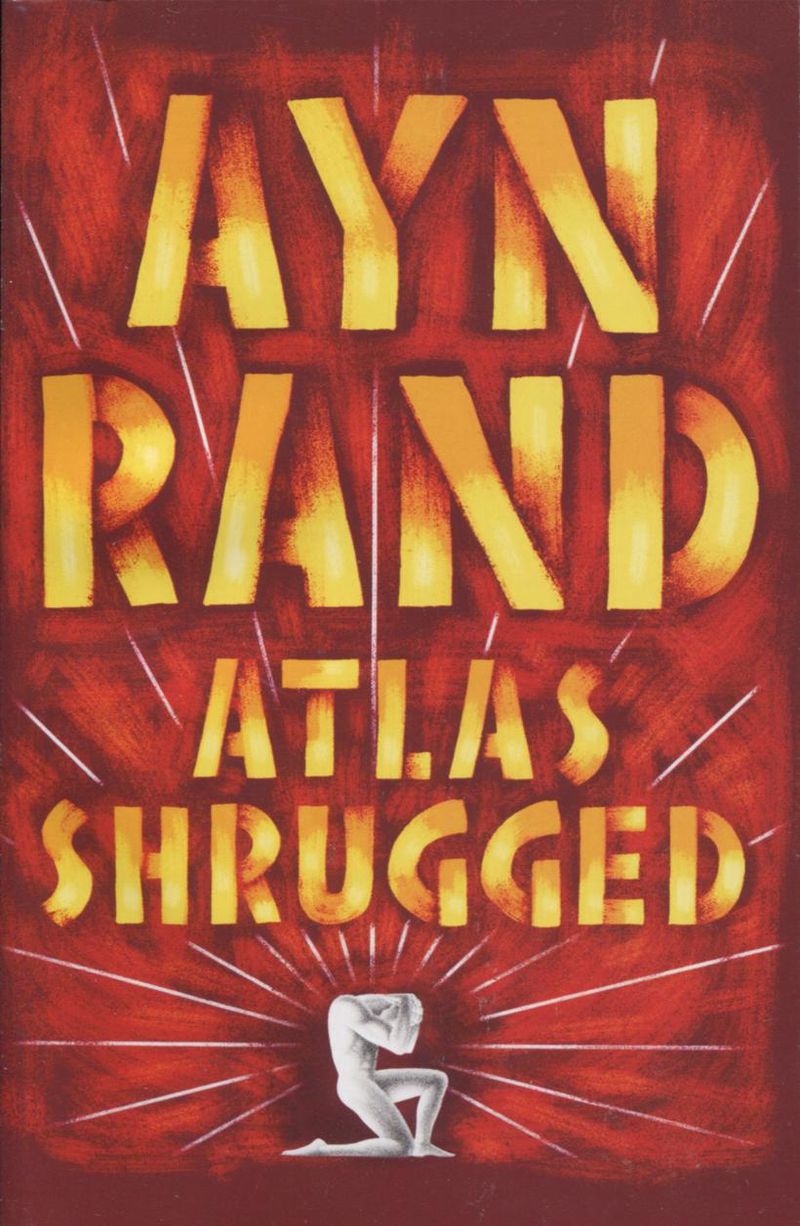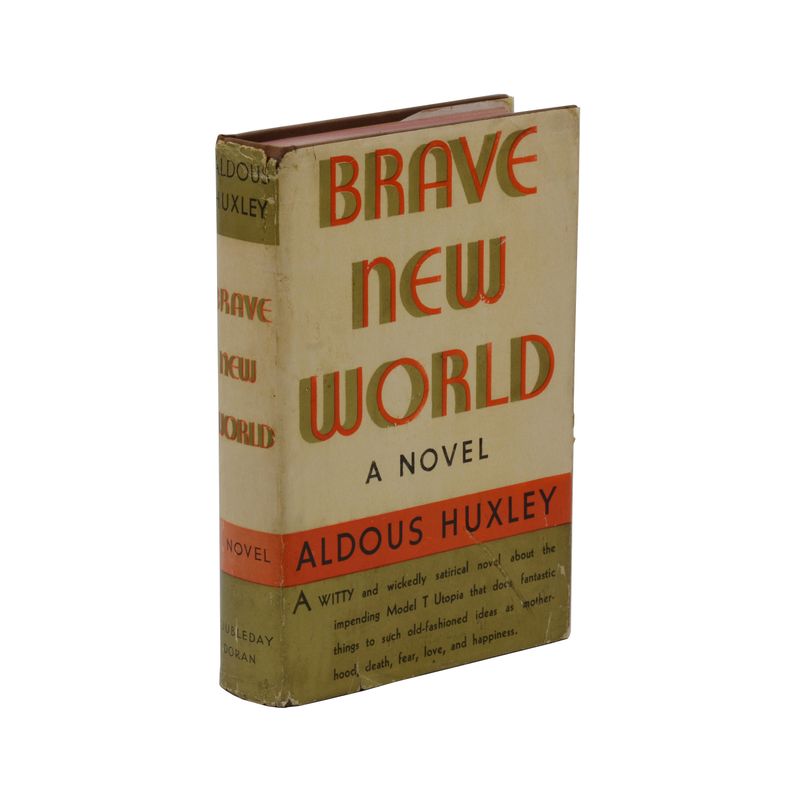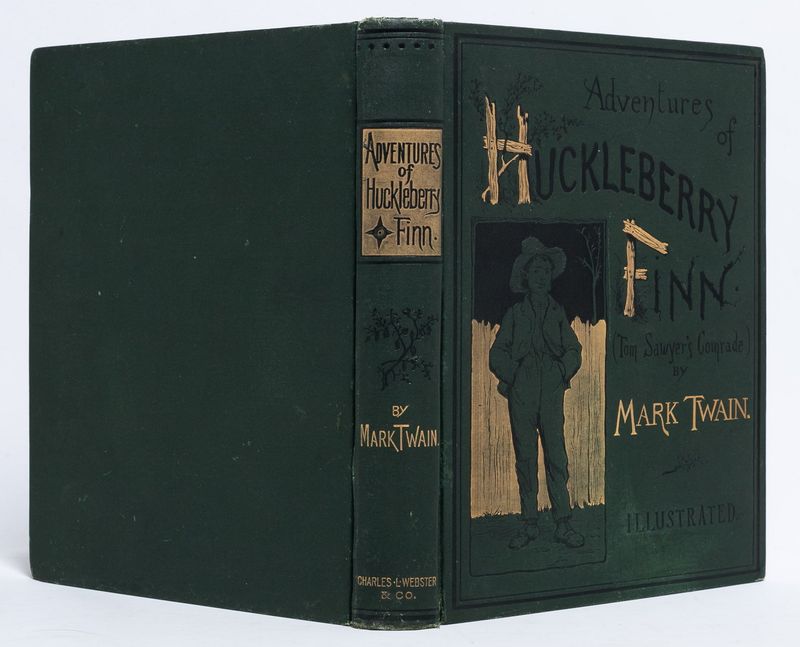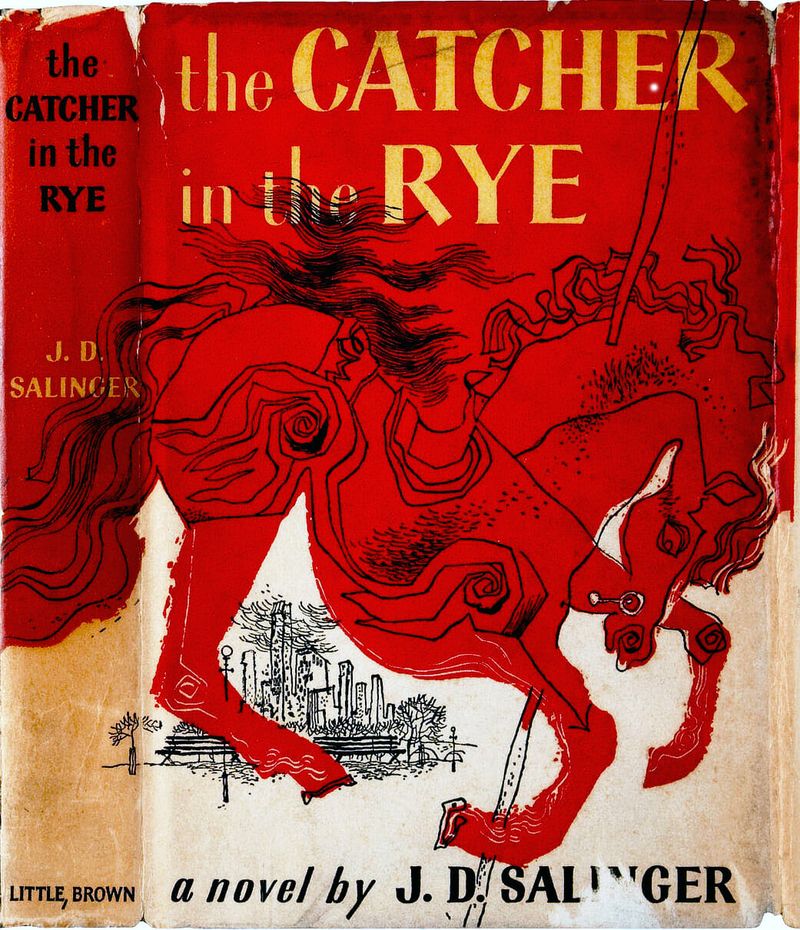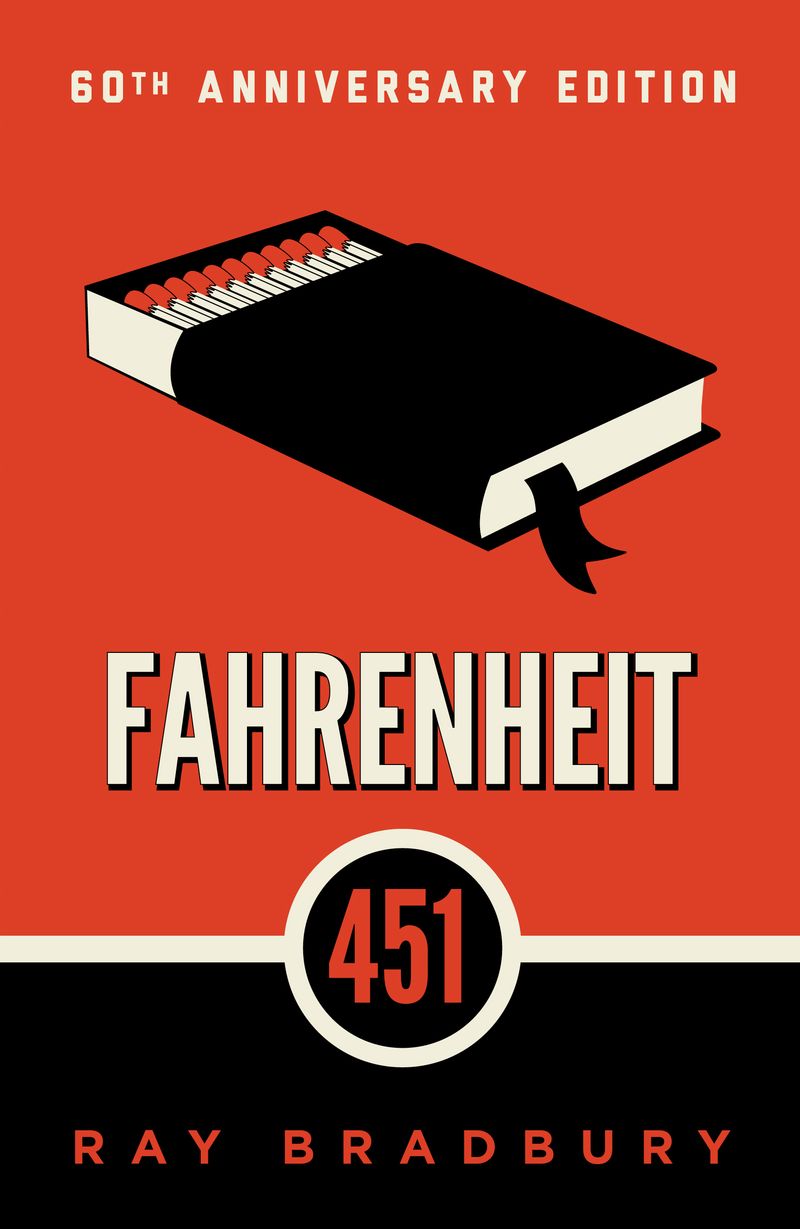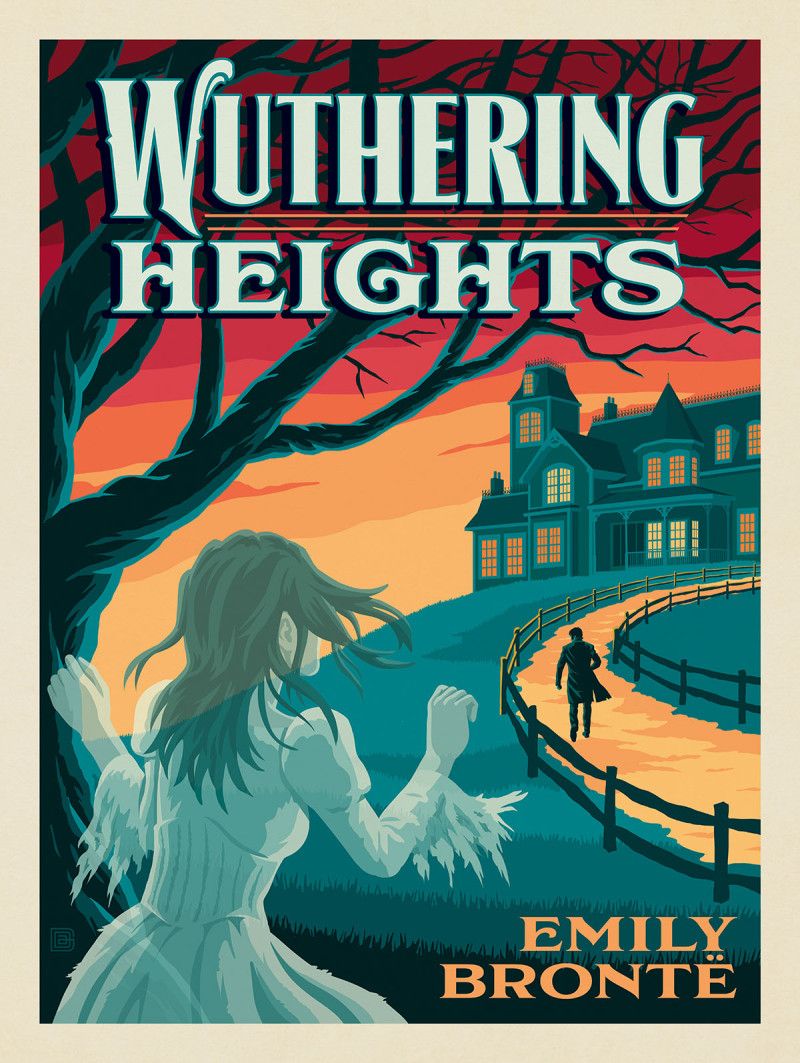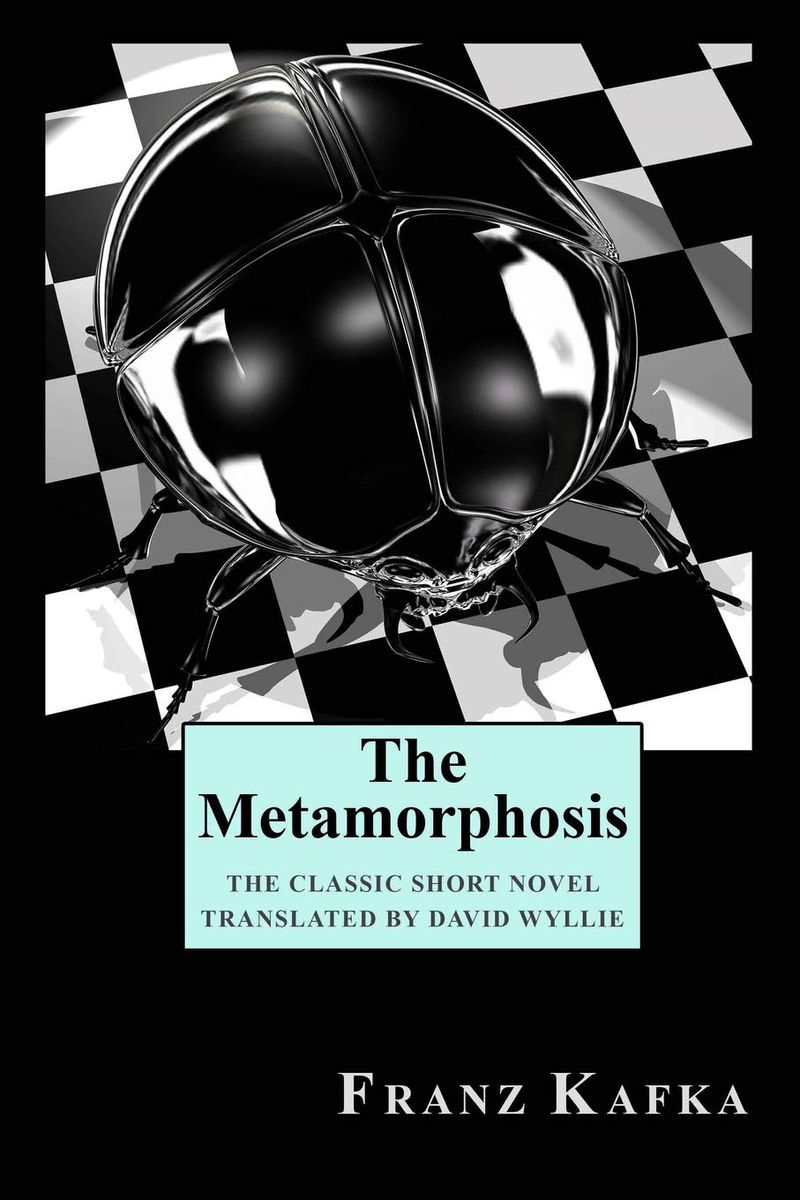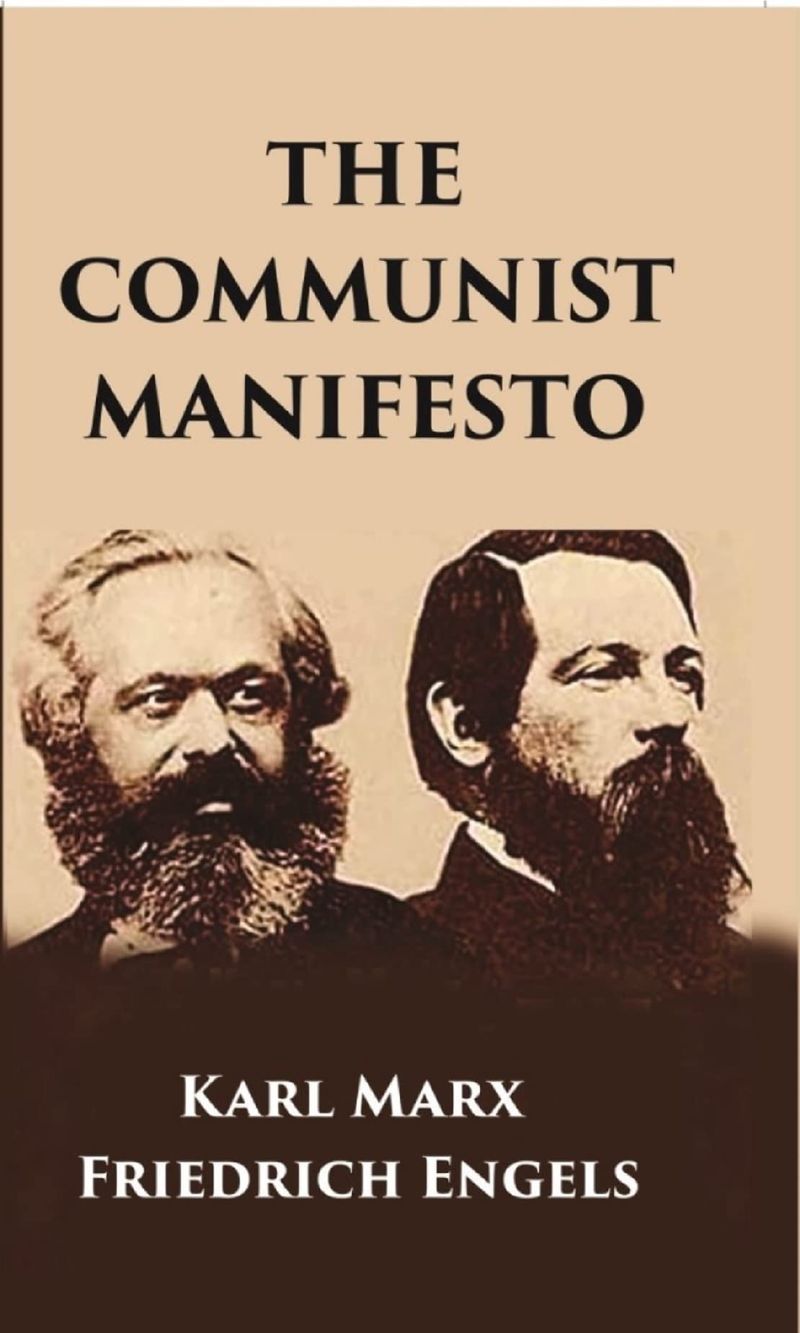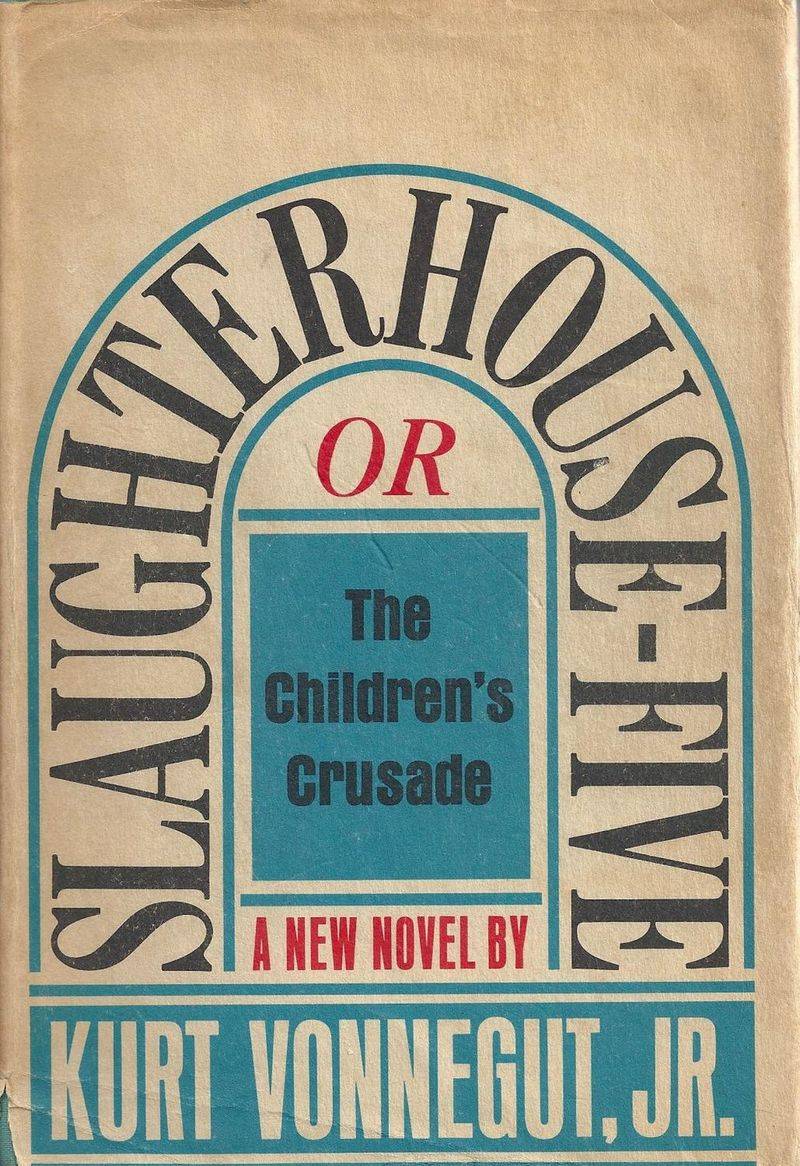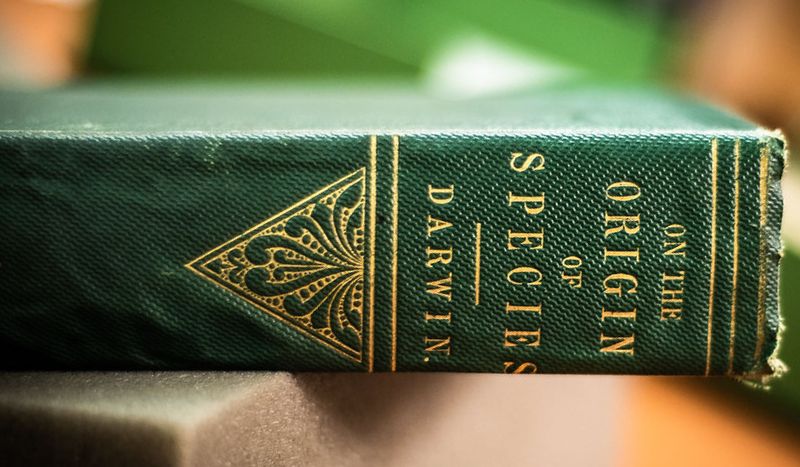In literature, some books are often misunderstood, leading to misconceptions about their true intentions.
This blog post explores 15 of the most misunderstood books and provides clarity on what they really mean.
Join us on this enlightening journey to rediscover these works and their intended messages.
1. The Prince (1532) by Niccolò Machiavelli
“The Prince” is frequently seen as a manual for tyranny, but it holds a deeper, ironic layer. Machiavelli’s work is a pragmatic examination of political power.
While some interpret it as advocating ruthless tactics, others perceive an ironic critique of such methods. Divided into concise chapters, it addresses the complexities of governance, emphasizing results over ideals.
This work offers a nuanced understanding of realpolitik, challenging the reader to discern the difference between surface and substance. Machiavelli’s insights remain relevant, encouraging a reflective examination of political motives and actions.
2. A Modest Proposal (1729) by Jonathan Swift
Often misinterpreted as a genuine suggestion of cannibalism, “A Modest Proposal” is, in fact, a biting satire. Swift’s work critiques British policies towards the Irish, employing shock value to highlight social injustices.
He masterfully uses irony, suggesting grotesque solutions to emphasize the severity of the problem. The proposal’s absurdity underlines Swift’s message, urging readers to confront the harsh realities faced by the poor.
Through satire, Swift calls for empathy and reform, inviting a deeper understanding of the socio-political landscape of 18th-century Ireland.
3. 1984 (1949) by George Orwell
George Orwell’s “1984” extends beyond a simple prophecy of the future. Often misread as purely predictive, it serves as a timeless warning against totalitarianism. Orwell’s dystopian vision critiques oppressive regimes and the manipulation of truth.
Set in a world where surveillance is omnipresent, it challenges readers to question authority and the erosion of freedoms. Orwell’s portrayal of a controlled society resonates across generations, illustrating the dangers of unchecked power.
The novel prompts reflection on current societal issues, urging vigilance in preserving truth and individuality.
4. Animal Farm (1945) by George Orwell
“Animal Farm” is often simplified as an anti-communist tale, but Orwell’s allegory transcends such labels. It critiques the corruption of revolutionary ideals, portraying a broader satire on power dynamics.
Through anthropomorphized animals, Orwell explores themes of betrayal and exploitation. The novella illustrates how noble intentions can be subverted by ambition, reflecting historical and contemporary political landscapes.
Orwell’s narrative serves as a cautionary tale, emphasizing the importance of vigilance and integrity in leadership. The story’s universality reinforces its relevance, urging readers to question authority and advocate for justice.
5. Lolita (1955) by Vladimir Nabokov
Vladimir Nabokov’s “Lolita” is frequently misunderstood as a salacious or pro-pedophilia narrative. However, it delves into the complexities of obsession and deception.
Nabokov crafts a disturbing exploration of the unreliable narrator, highlighting the manipulation of truth. Through eloquent prose, the novel examines themes of desire and morality.
The protagonist’s obsession is portrayed with nuance, challenging readers to confront uncomfortable truths. Nabokov’s masterpiece encourages a critical evaluation of authorial intent and narrative reliability, offering a layered understanding of human psychology.
6. Atlas Shrugged (1957) by Ayn Rand
Ayn Rand’s “Atlas Shrugged” is often seen as a call for selfishness, yet it presents a complex philosophical argument for individualism. Rand’s narrative interweaves economic and social themes, advocating for personal autonomy.
While controversial, her work challenges the reader to evaluate the balance between individuality and collectivism. Through intricate characters and plotlines, Rand explores the consequences of suppressing innovation and ambition.
Her philosophy, Objectivism, remains a subject of debate, prompting discussions on societal structure and personal responsibility. Despite differing opinions, the novel’s impact endures.
7. Brave New World (1932) by Aldous Huxley
“Brave New World” extends beyond its dystopian depiction of technology. Huxley’s narrative critiques consumerism and artificial happiness, offering a cautionary tale about sacrificing genuine human experience.
Set in a highly controlled society, the novel examines the implications of technological dependency. Characters navigate a world where emotions are regulated, posing questions about the pursuit of fulfillment.
Huxley’s work prompts reflection on modern societal values, challenging readers to consider the costs of convenience. Through vivid storytelling, the novel urges a reassessment of priorities in a rapidly advancing world.
8. The Adventures of Huckleberry Finn (1884) by Mark Twain
Mark Twain’s “The Adventures of Huckleberry Finn” is often labeled as racially insensitive, but it serves as a satire of antebellum society. Twain critiques ingrained racial prejudices, using Huck’s journey to explore themes of freedom and morality.
The novel’s dialect and character interactions reveal societal hypocrisies, challenging readers to reflect on historical and contemporary issues. Twain’s narrative highlights the struggle for identity and justice, emphasizing empathy and understanding.
Through humor and adventure, the novel invites a deeper appreciation of human complexity and societal transformation.
9. The Catcher in the Rye (1951) by J.D. Salinger
“The Catcher in the Rye” by J.D. Salinger transcends the notion of teenage angst. Through the eyes of Holden Caulfield, it delves into adolescent alienation and the quest for innocence.
Salinger’s narrative captures the complexities of growing up, as Holden grapples with identity and authenticity. His disdain for “phoniness” highlights societal pressures and the struggle to reconcile individuality.
The novel resonates with readers across generations, offering insights into the challenges of adolescence. Salinger’s portrayal encourages empathy and introspection, providing a timeless exploration of youth and self-discovery.
10. Fahrenheit 451 (1953) by Ray Bradbury
Ray Bradbury’s “Fahrenheit 451” is not solely about state censorship; it critiques society’s self-imposed ignorance. Bradbury explores themes of shallow entertainment and the erosion of critical thought.
Set in a future where books are banned, the novel reveals the consequences of suppressing intellectual freedom. Characters confront a culture of distraction, prompting reflection on modern media consumption.
Bradbury’s work underscores the importance of preserving knowledge and questioning conformity. Through vivid imagery and compelling narrative, the novel challenges readers to value intellectual curiosity and cultural heritage.
11. Wuthering Heights (1847) by Emily Brontë
Emily Brontë’s “Wuthering Heights” is often misread as a simple gothic romance. However, it delves into dark themes of obsession and revenge. Brontë’s narrative explores the destructive power of intense emotions, presenting a complex web of relationships.
The novel’s moody setting and intricate character dynamics challenge readers to examine the depths of human passion. Through vivid prose, Brontë captures the duality of love and hate, urging reflection on the consequences of unchecked desire.
The novel remains a powerful exploration of psychological extremes, inviting empathy and introspection.
12. The Metamorphosis (1915) by Franz Kafka
“The Metamorphosis” by Franz Kafka transcends its surreal horror to reflect on alienation and dehumanization. Kafka’s narrative follows Gregor Samsa’s transformation, exploring themes of family dynamics and societal pressures.
The protagonist’s plight serves as a metaphor for the disconnection felt in modern life. Through Kafka’s stark imagery, readers confront existential questions about identity and belonging.
The novella’s impact lies in its ability to evoke empathy for the misunderstood and marginalized. Kafka’s work continues to resonate, inviting contemplation of the human condition and the search for meaning.
13. The Communist Manifesto (1848) by Karl Marx and Friedrich Engels
“The Communist Manifesto” is often treated as a blueprint for dictatorship, yet its primary aim is to critique capitalism. Marx and Engels advocate for workers’ rights and class struggle, emphasizing social revolution.
The manifesto outlines a vision for a society free from exploitation, challenging the status quo. While interpretations vary, its core message remains a call for equality and justice.
Through powerful rhetoric, it encourages critical examination of economic and social systems. Despite controversy, the manifesto’s influence endures, sparking debate and inspiring movements for change and empowerment.
14. Slaughterhouse-Five (1969) by Kurt Vonnegut
Kurt Vonnegut’s “Slaughterhouse-Five” transcends its anti-war narrative to explore themes of trauma and fatalism. Vonnegut’s unique storytelling blends satire and science fiction, offering insight into the human experience.
Through the eyes of Billy Pilgrim, the novel examines the impacts of war and the nature of time. Vonnegut’s use of non-linear narrative challenges conventional storytelling, inviting reflection on free will and determinism.
The novel’s layers reveal the absurdity of conflict, prompting readers to question societal norms. “Slaughterhouse-Five” remains a poignant exploration of resilience and the quest for understanding.
15. On the Origin of Species (1859) by Charles Darwin
“On the Origin of Species” by Charles Darwin is often misread as an anti-religious text. However, it is a foundational scientific work on natural selection. Darwin’s treatise revolutionized biological sciences, offering insights into the mechanisms of evolution.
His observations and evidence challenged prevailing notions, fostering a deeper understanding of biodiversity. While sparking debates, Darwin’s work emphasizes observation and inquiry.
The book’s impact transcends scientific circles, influencing philosophical and theological discussions. Darwin’s legacy endures, inspiring continued exploration of life’s complexities and the interconnectedness of all species.
